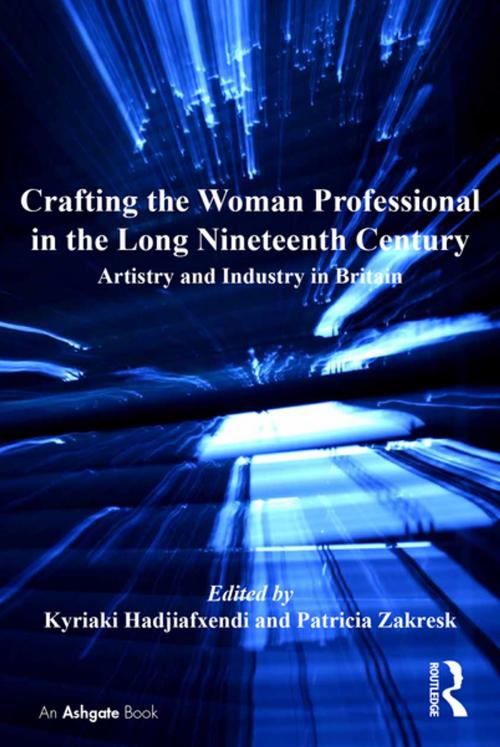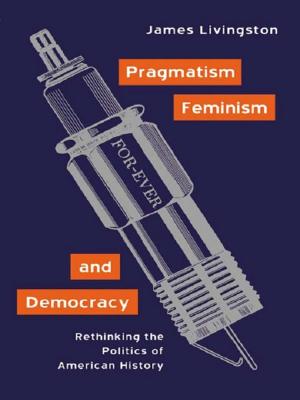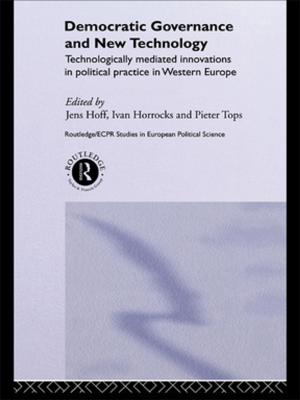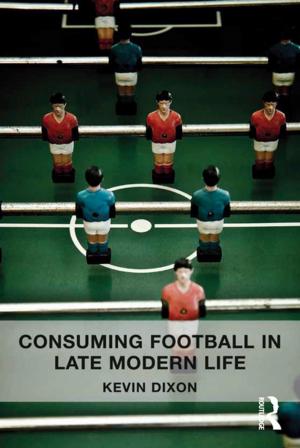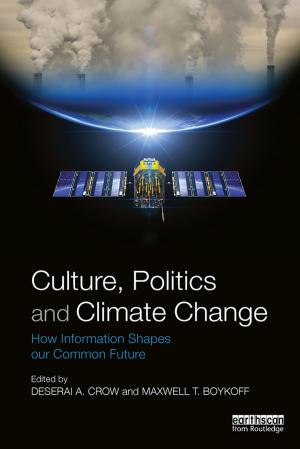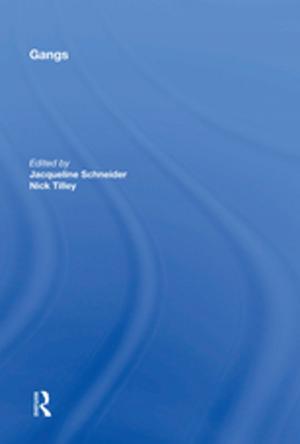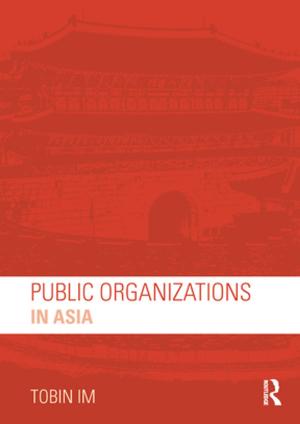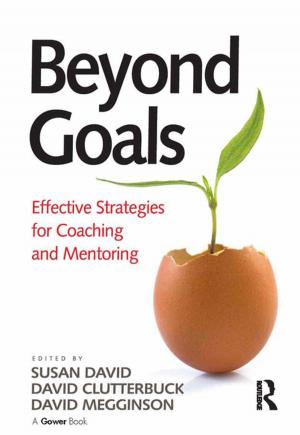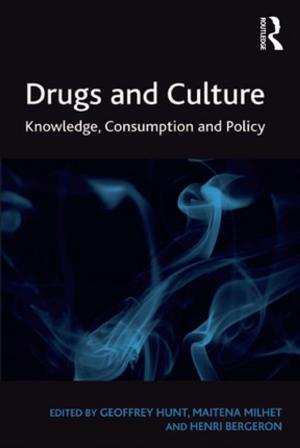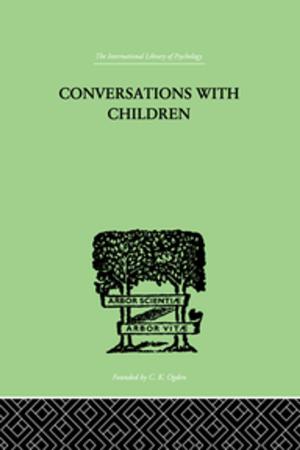Crafting the Woman Professional in the Long Nineteenth Century
Artistry and Industry in Britain
Fiction & Literature, Literary Theory & Criticism| Author: | ISBN: | 9781317158646 | |
| Publisher: | Taylor and Francis | Publication: | May 13, 2016 |
| Imprint: | Routledge | Language: | English |
| Author: | |
| ISBN: | 9781317158646 |
| Publisher: | Taylor and Francis |
| Publication: | May 13, 2016 |
| Imprint: | Routledge |
| Language: | English |
Over the course of the nineteenth century, women in Britain participated in diverse and prolific forms of artistic labour. As they created objects and commodities that blurred the boundaries between domestic and fine art production, they crafted subjectivities for themselves as creative workers. By bringing together work by scholars of literature, painting, music, craft and the plastic arts, this collection argues that the constructed and contested nature of the female artistic professional was a notable aspect of debates about aesthetic value and the impact of industrial technologies. All the essays in this volume set up a productive inter-art dialogue that complicates conventional binary divisions such as amateur and professional, public and private, artistry and industry in order to provide a more nuanced understanding of the relationship between gender, artistic labour and creativity in the period. Ultimately, how women faced the pragmatics of their own creative labour as they pursued vocations, trades and professions in the literary marketplace and related art-industries reveals the different ideological positions surrounding the transition of women from industrious amateurism to professional artistry.
Over the course of the nineteenth century, women in Britain participated in diverse and prolific forms of artistic labour. As they created objects and commodities that blurred the boundaries between domestic and fine art production, they crafted subjectivities for themselves as creative workers. By bringing together work by scholars of literature, painting, music, craft and the plastic arts, this collection argues that the constructed and contested nature of the female artistic professional was a notable aspect of debates about aesthetic value and the impact of industrial technologies. All the essays in this volume set up a productive inter-art dialogue that complicates conventional binary divisions such as amateur and professional, public and private, artistry and industry in order to provide a more nuanced understanding of the relationship between gender, artistic labour and creativity in the period. Ultimately, how women faced the pragmatics of their own creative labour as they pursued vocations, trades and professions in the literary marketplace and related art-industries reveals the different ideological positions surrounding the transition of women from industrious amateurism to professional artistry.
